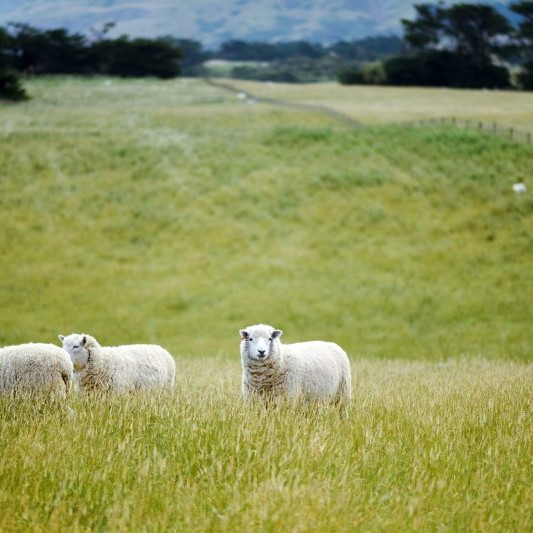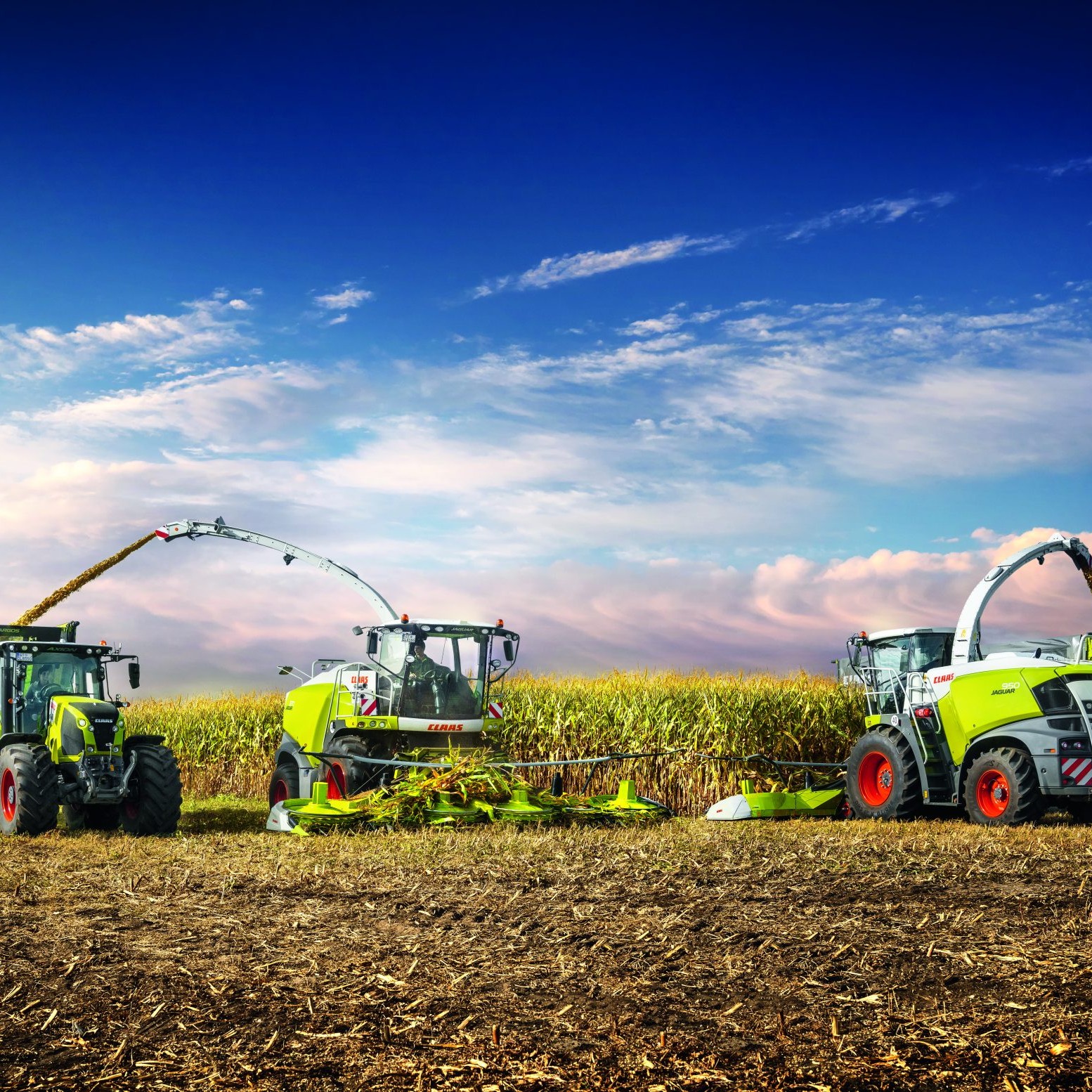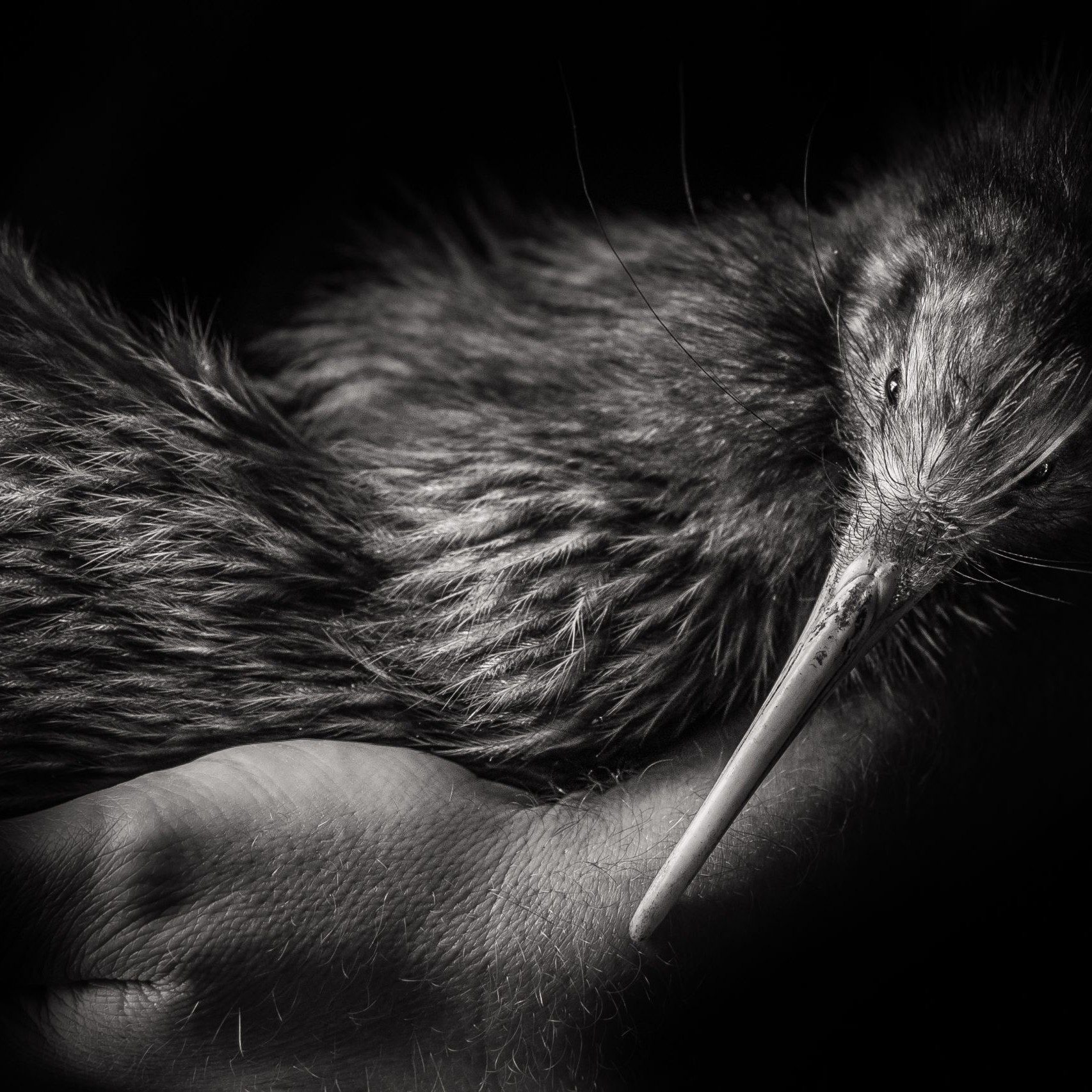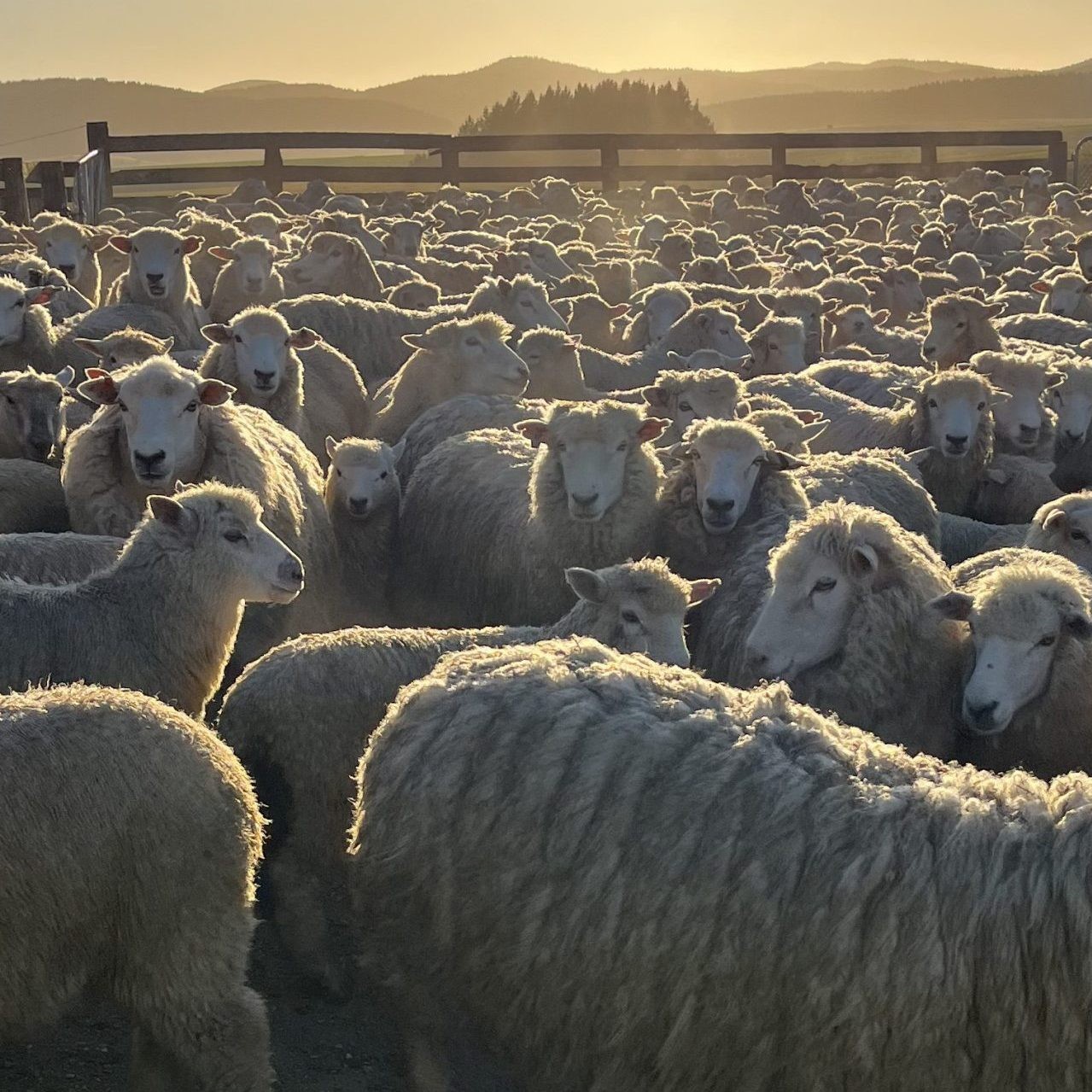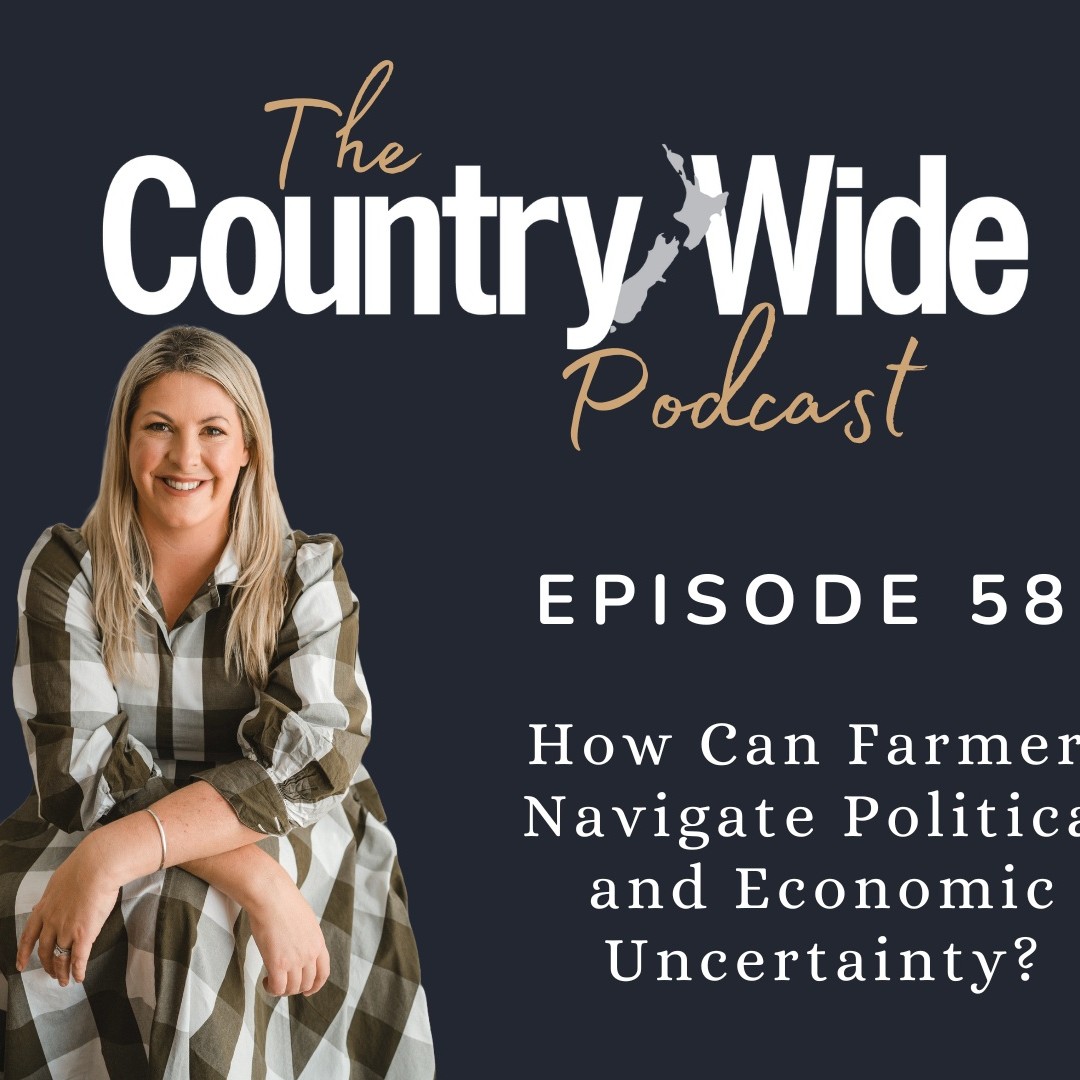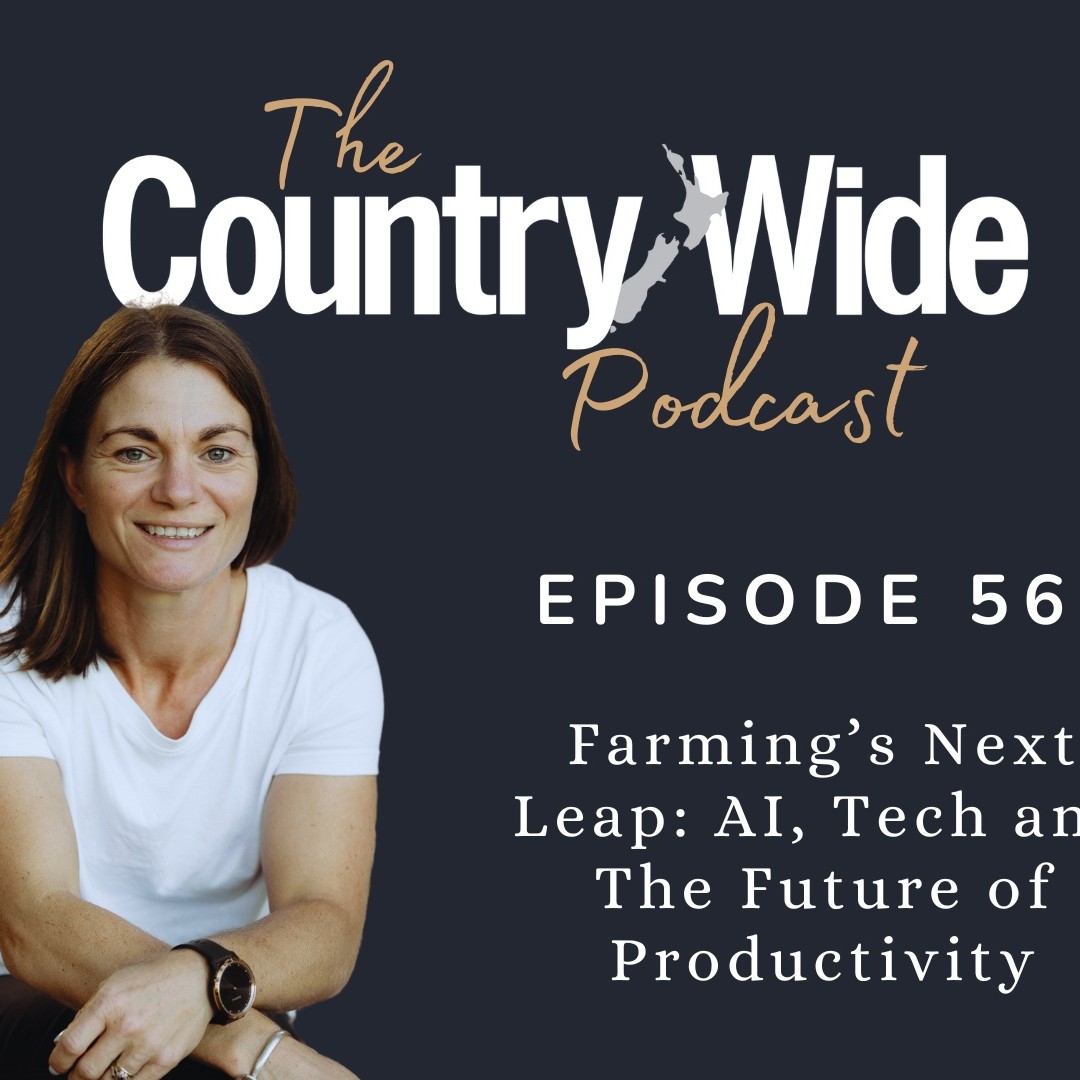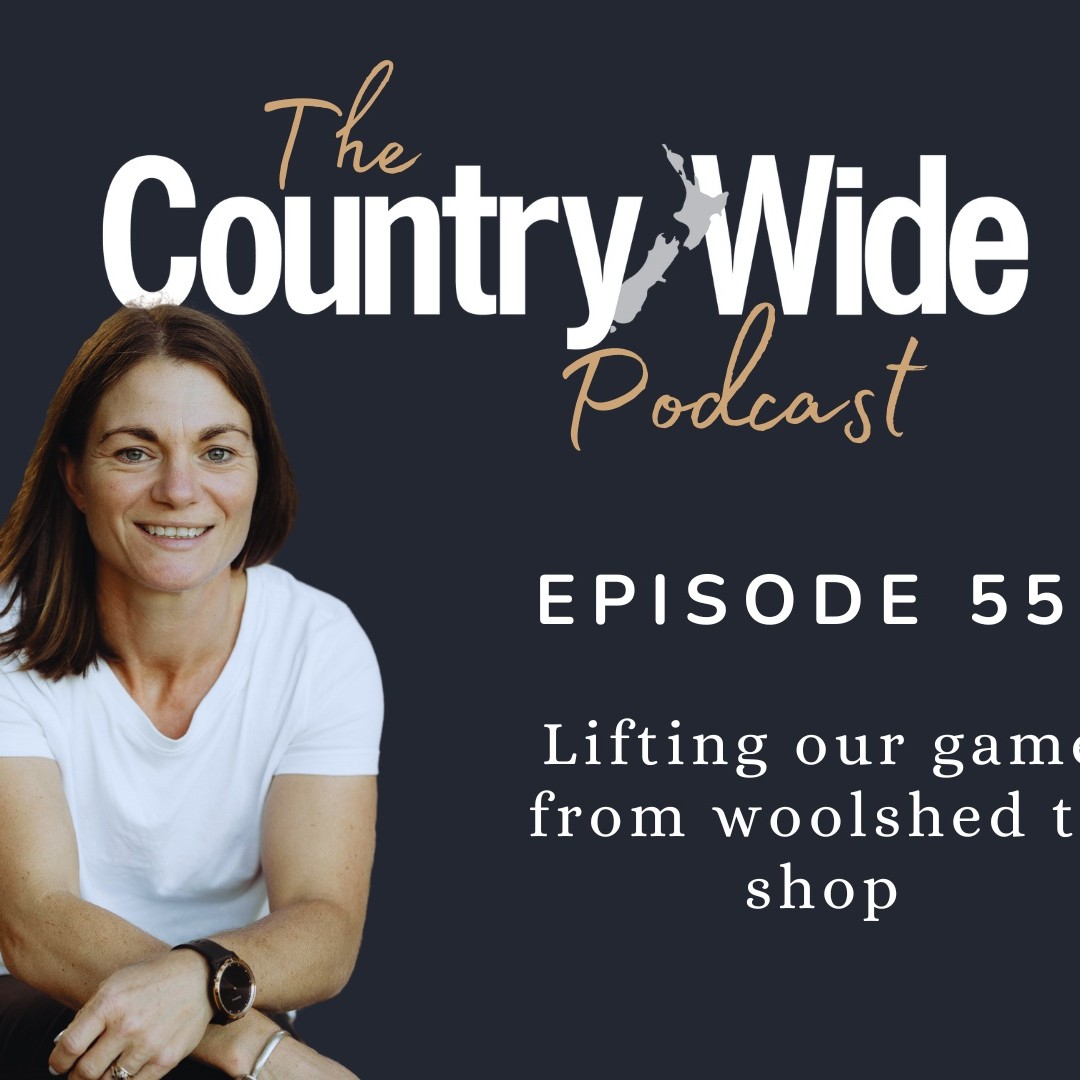Public articles
Planning for success
When it comes to autumn pasture renewal, a strong plan underpins successfully meeting your farm’s feed quantity and quality needs.
Perfect silage starts with CLAAS
The right equipment combined with clever technology that gives you the ability to monitor and adapt in the paddock, as you harvest, is the golden ticket to perfecting silage making.
Crowdfunding to help our national icon
Farmers have a long history of helping world-class conservation enterprise Sanctuary Mountain Maungatautari, and now the call has gone out to crowdfund two side-by-side vehicles needed to support its inspirational kiwi translocation programme.Words Rebecca Greaves, Photos Christine Cornege.
The competitive edge
Nigel Woodhead runs a sheep, beef and production forestry farm near Milton in Otago with his wife Leanne and children Sienna, six and Finn, four.
Episode 58 – How Can Farmers Navigate Political and Economic Uncertainty?
In this episode, Sarah Perriam-Lampp sits down with Methven farmer Hamish Marr, who serves as New Zealand’s Special Agricultural Trade Envoy. They discuss his role in representing New Zealand agriculture in global markets, the evolving international landscape, and the impact of policies like the Paris Accord and the Net Zero Banking Alliance. Hamish emphasises the fundamentals of farming—efficiency, productivity, and pride in production—while also addressing the uncertainty farmers face amid shifting political and economic climates.
Episode 57 – From the Paddock: Homeblock Columnists on Seasons and Stock
This episode brings together insights from a diverse group of Homeblock columnists, offering a broad perspective on farming both in New Zealand and abroad. Rebecca Greaves and Sarah Perriam-Lampp discuss a range of topics, from sheep breeding and cattle fertility to shifting seasonal conditions and life on the land. This episode explores the evolving challenges and triumphs of farmers across different regions, highlighting their experiences and expertise.
Episode 56 – Farming’s Next Leap: AI, Tech and The Future of Productivity
The big craze over how technology and AI will drive the next wave of productivity gains in farming isn’t slowing down. Off the back of Tony Leggett’s feature on improvements in tech in the Summer issue of Country-Wide, Rebecca Greaves and Sarah Perriam-Lampp discuss where the biggest opportunities lie, the barriers to adoption—particularly cost—and the importance of understanding the value behind tech investment.
Episode 55 – Lifting our game from woolshed to shop
The hot topic at the moment is New Zealand’s wool quality challenges to position both merino and strong wool with a positive future. Following our release of the annual Merino Review magazine, Sarah Perriam-Lampp discusses merino clip tenderness and improvements through farmer education, the rise of female wool classers and wool research’s renewed mission to return better value to farmers.
Episode 54 – Is your farm insurance keeping up with the changes?
In this episode of the Country-Wide Podcast, we take a deep dive into farming insurance and how farmers across the country are being affected. We hear from Brett Borrell, commercial and rural manager for Gallagher Insurance, about our insurance premiums. He breaks down what’s in them and what causes them to change. We also hear from Lucie Douma, head of client strategy and advice for FMG, who was interviewed by the editor of NZ Dairy Exporter, Sheryl Haitana, about a new insurance model, parametric insurance, that will help farmers insure against extreme weather events.
Episode 53 – A national and international look at the sheep industry and where it’s heading
With the start of the new year, more signs are appearing for the sheep industry. The majority of these signs are positive and are pointing towards an exciting year for the industry. In this episode, hear from the South Island Livestock Manager for PGG Wrightson, Shane Gerken about how prices have looked over the summer break and what they’re shifting towards. We also hear from a young up and coming sheep breeder, Jasper Hewlett-Coffey about what he plans to do as part of a new generation of sheep breeders. Hank Vogler, a sheep farmer based in Nevada, U.S.A, gives his insight on what lamb in the US is looking like and how this might affect New Zealand.

